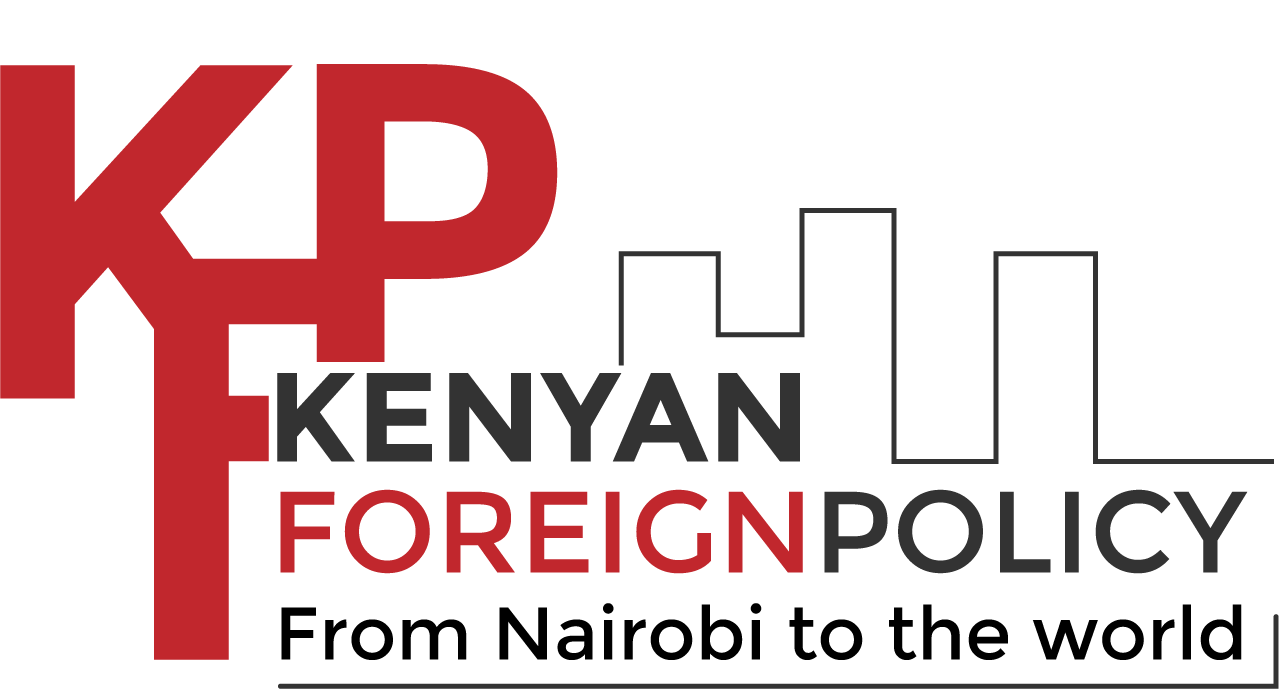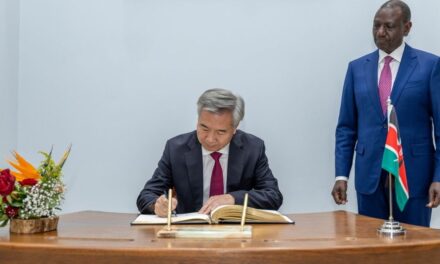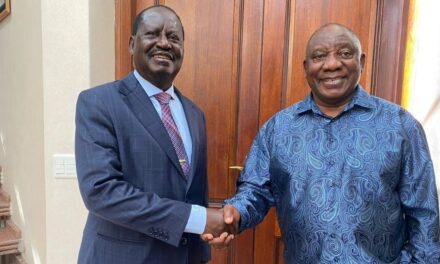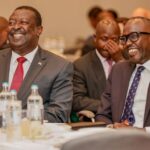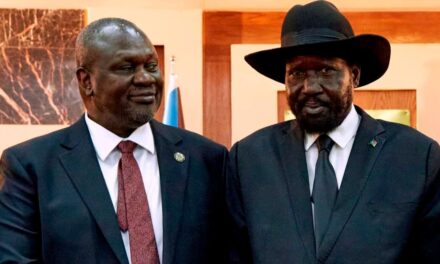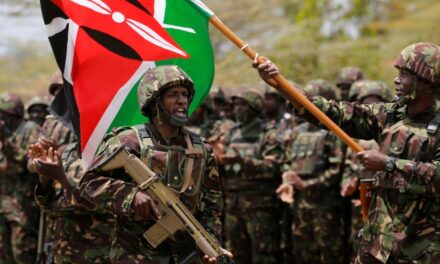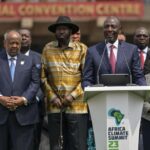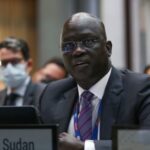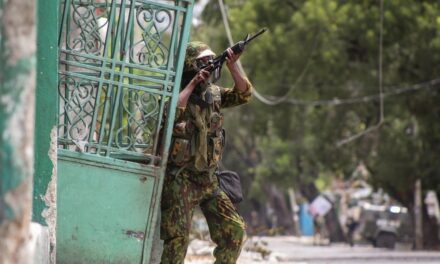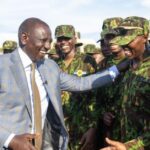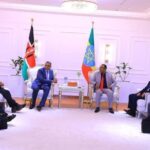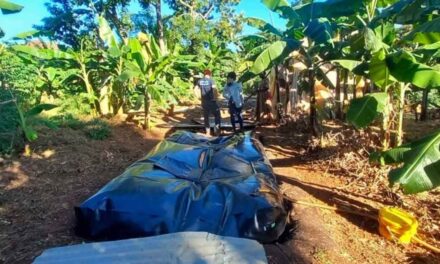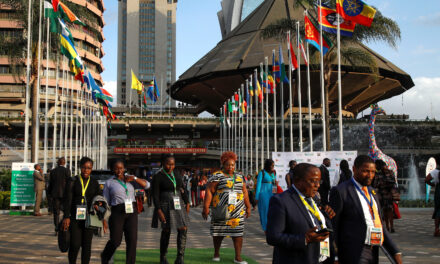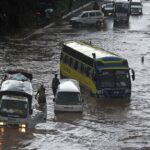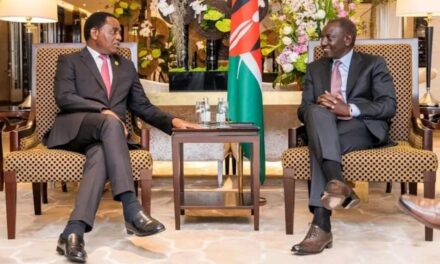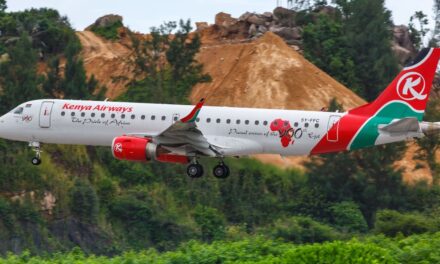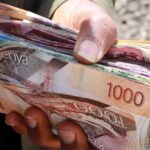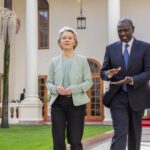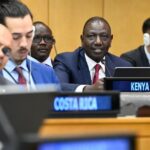

Washington Pressures Ruto Over Police Killings, Abductions
By Mwangi Maina
| November 8, 2024

Human Rights Watch released a report detailing allegations that Kenyan security forces tortured, unlawfully detained, and even killed perceived protest leaders during the unrest. Photo: Handout
The U.S. is stepping up pressure on Kenya’s President William Ruto, demanding accountability over extrajudicial killings and abductions reportedly carried out by Kenyan police during youth-led protests against the Finance Bill in June.
With Washington on the cusp of a change in leadership following Donald Trump’s return to the political stage, the U.S. is signaling it will be closely watching Kenya’s approach to human rights and justice.
In a call Thursday, U.S. Secretary of State Antony Blinken reiterated Washington’s concerns to President Ruto, urging accountability for security forces reportedly involved in the violence and abductions.
Blinken’s message, which emphasised the importance of “constructive engagement with Kenyan youth, civil society, and the public,” reflects ongoing diplomatic concerns over Kenya’s handling of the protests.
Senator Chris Murphy, a Foreign Relations Committee member who visited Nairobi in August, also conveyed Washington’s stance, warning that heavy-handed responses tend to increase instability rather than reduce it.
Murphy, once considered a frontrunner for Secretary of State had Kamala Harris won the Democratic nomination, voiced concern that “violent crackdowns often breed more unrest rather than stability.”
The protests, which erupted in response to a tax hike, saw over 60 lives lost, according to the Kenya National Commission on Human Rights (KNCHR), with another 60 people reported missing.
So far, no police officers have been prosecuted or dismissed over their roles, though Kenya’s Independent Policing Oversight Authority (IPOA) claims investigations are ongoing.
Human Rights Watch released a report detailing allegations that Kenyan security forces tortured, unlawfully detained, and even killed perceived protest leaders during the unrest.
It describes a disturbing pattern of detaining protesters in hidden locations like forests and abandoned buildings, with detainees allegedly denied access to family and lawyers.
Your support empowers us to deliver quality global journalism. Whether big or small, every contribution is valuable to our mission and readers.
